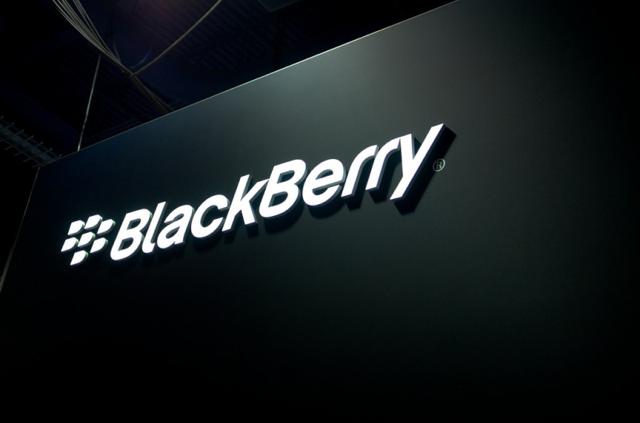
BlackBerry Ltd (NASDAQ:BBRY) performance in the handset division seems to be taking a heavy beating from competition even after it debuted its Android-based phone.
The company’s strategy was to feature Blackberry handsets that run on Android OS from Alphabet Inc (NASDAQ:GOOGL). Unfortunately, the plan failed to drive the expected level of sales. Blackberry announced on Friday that it managed to sell only 600,000 handsets in the recent quarter ended February 29. The Canadian firm claims that sales in the recent quarter had dropped by 100,000 handsets compared to sales in the previous quarter.
Click Here For More Market Exclusive Updates & Analysis
The Blackberry Priv was Blackberry’s plan to make a comeback, but it seems that the new handset failed to capture as much attention as expected. Blackberry’s chairman and chief executive John S. Chen told analysts during a conference call that the Priv did not attract as much sales as they had expected.
Mr. Chen stated that the Priv did not register attractive sales because sales for premium phones were generally slow. He also attributed the poor performance to the lateness in getting carriers to take up the device as well as lateness in arriving in stores. Chen had previously stated that the company would have to sell 3 million units of the Priv handset in order to break even, and that seems to be a tall order judging by the sales report for the recently ended quarter. Nevertheless, there is still a chance for the firm’s sales to recover in the remaining part of 2016.
Blackberry is expected to release a few other devices this year that will run on the Android OS, and they will compete in the mid-range price market which is very competitive. The CEO also pointed out that the high-end market is currently saturated, and it is no longer attractive to the company. He believes that the company can still come up with a way to make handsets without posting losses. The firm claims that its software revenue went up by 113% in the latest financial year, but the overall annual revenue declined by a third to $2.16 billion.




